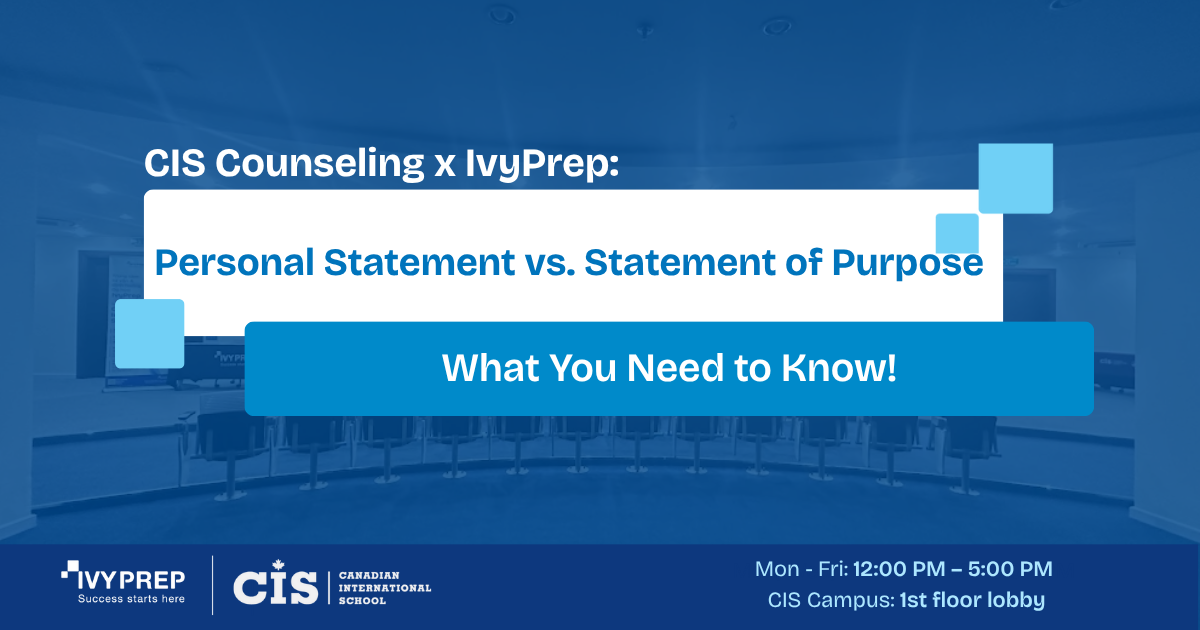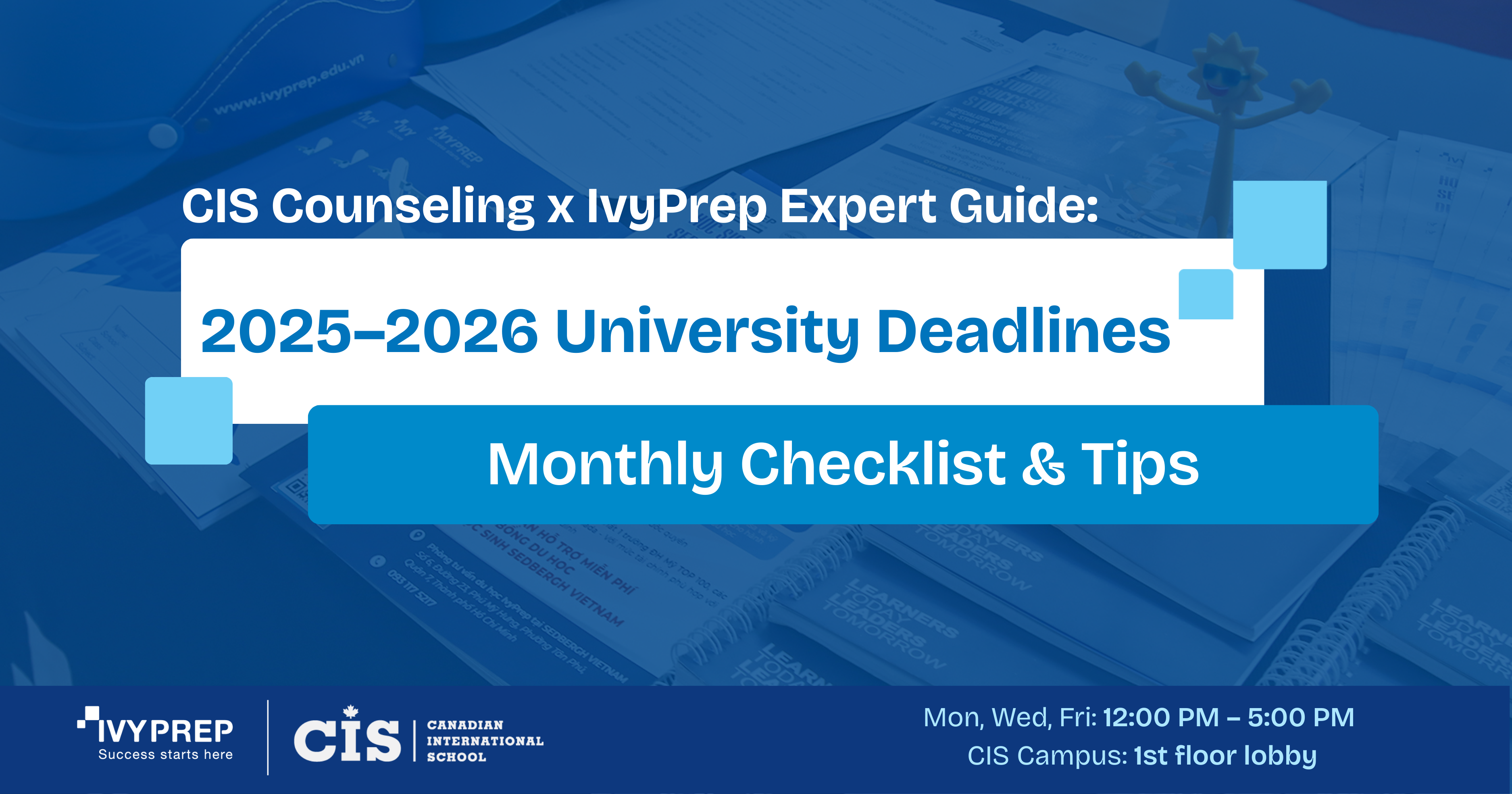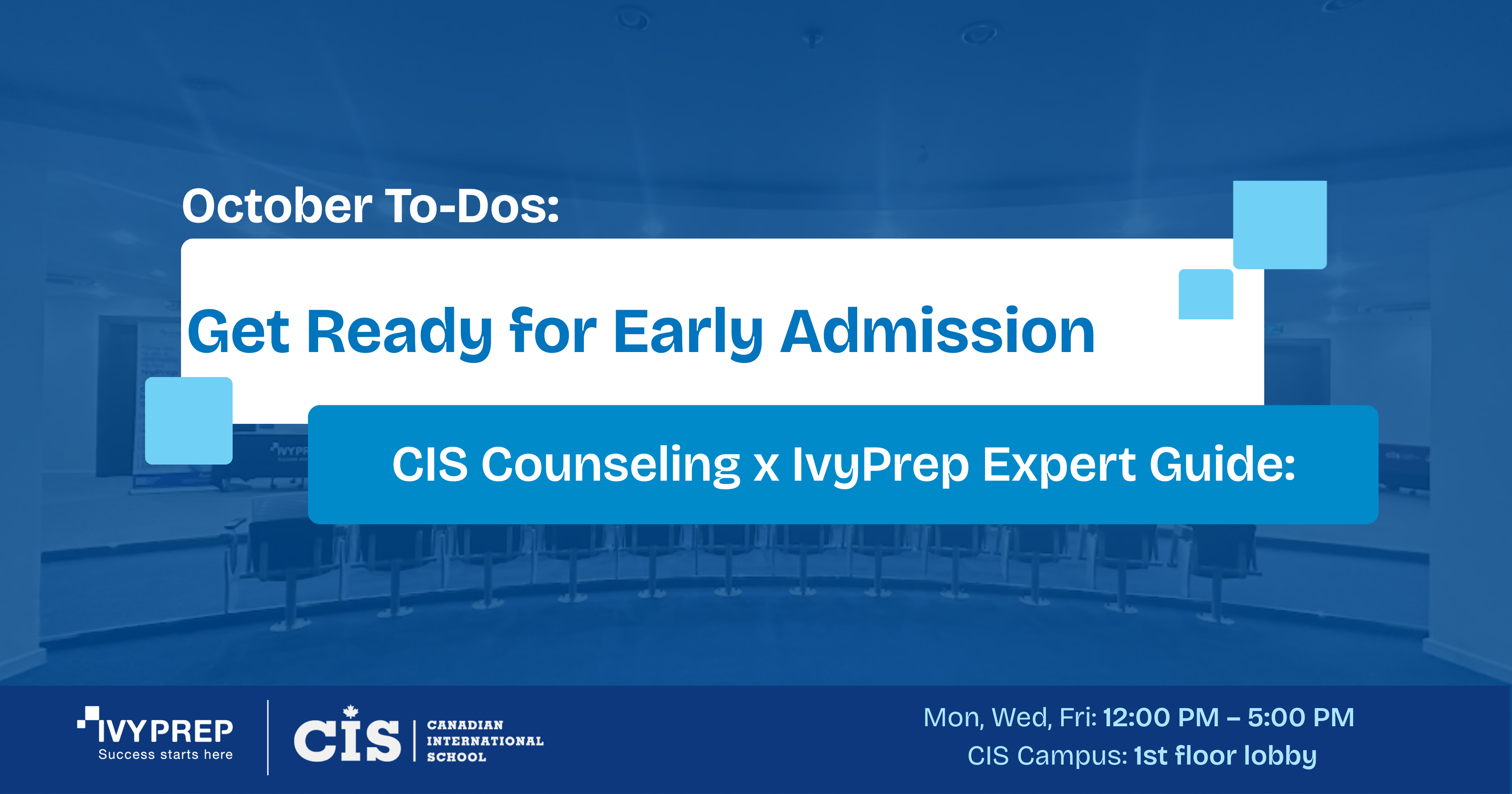If you’re working through your November deadlines, you’ve probably written (or are still writing!) a few essays by now. Somewhere along the way, you might have come across two terms that sound almost the same — Personal Statement and Statement of Purpose (SOP).
They both ask you to “tell your story,” but they’re not the same thing. In fact, what you’re asked to write often depends on where you’re applying — for example, U.S. universities usually want a Personal Statement focused on your story and growth, while Australian or UK universities often ask for a Statement of Purpose that highlights your academic goals and fit for the program.
Understanding the difference can help you write essays that truly stand out — and not get rejected for the wrong tone! Let’s break it down.
1. The Personal Statement: Your Story, Your Growth
Think of the Personal Statement as your story. It’s the essay where you show who you are — beyond grades and activities. Admissions officers want to see your voice, your perspective, and what motivates you as a person.
In short, it’s about your journey.
You can talk about a challenge that shaped you, a turning point that made you curious, or an experience that changed how you see the world. The focus should be on you as a learner and human being, not just as a student listing achievements.
Tips for a strong Personal Statement:
- Start with a moment that feels personal — a real story, not a general statement.
- Show reflection: what did you learn, realize, or change?
- Connect your story to your values or goals today.
- Keep the tone natural — like you’re talking to someone who genuinely wants to understand you.
2. The Statement of Purpose: Your Goals, Your Fit
Now, the Statement of Purpose is more professional. It’s your chance to show what you want to study, why, and how you’re prepared for it.
In short, it’s about your direction.
Admissions officers read it to see your academic interests, long-term goals, and whether you’ll be a good fit for the program.
Tips for a strong Statement of Purpose:
- Be clear about your goals — academic, career, or research-related.
- Show how your past experiences connect to what you want to do next.
- Mention specific professors, courses, or program features that excite you.
- Keep it focused and structured — passion + preparation + purpose.
Final Advice: Know Yourself and Know Your Audience
At the heart of both essays is self-awareness. The best essays aren’t just well-written — they’re authentic. Whether you’re writing about a personal story or your academic goals, focus on showing genuine curiosity, clarity, and growth.
And remember: admissions officers aren’t looking for perfection — they’re looking for connection.
You know where to find your support in this time crunch:
CIS Counseling Office: CIS Campus, Room 312.
IvyPrep University Lounge: CIS Campus, 1st Floor (Next to Admission Office)
Online Appointment: Book here.




